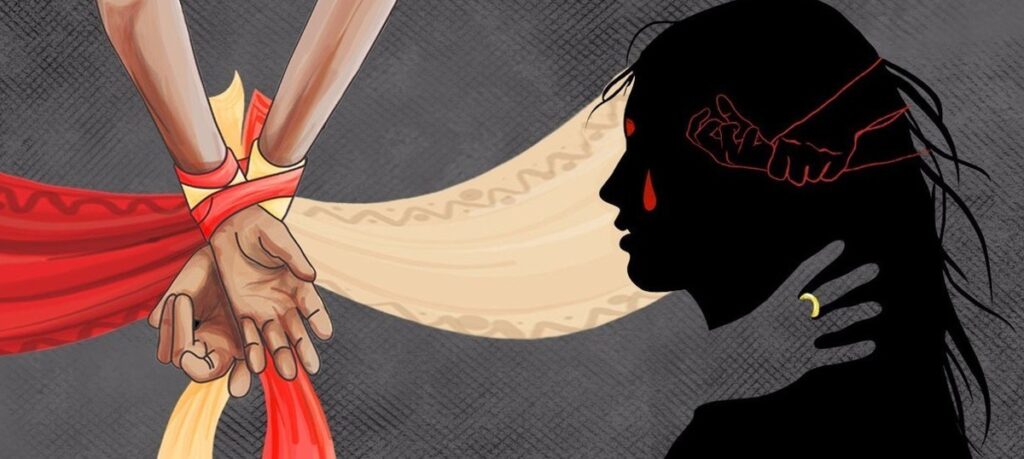Last week, the Supreme Court adjourned a batch of petitions arising out of the Delhi High Court’s split verdict on the issue of criminalisation of marital rape on September 16. Two petitions arising out of the high court’s verdict came up for hearing before a bench comprising Justices Ajay Rastogi and BV Nagarathna.
During the hearing, the Bench said that it would tag all similar matters together. This comes following the Delhi High Court’s divided decision from May 11. The Court reached a decision, with one judge advocating the reading down of the legal exemption protecting spouses from prosecution for forced marital sex on their wives, while the other judge refused to declare it unconstitutional.
However, given that the case includes important legal issues that the Supreme Court must decide, both judges had concurred in giving the certificate of permission to appeal to the High Court.
According to Justice Rajiv Shakdher, it is unconstitutional to shield the husband from prosecution for the crime of marital rape. He ruled that the exception 2 of the IPCs 375 and 376B was invalid since it violated Article 14.
Justice C. Hari Shankar, however, declared that he disagrees with Justice Shakdher. According to Justice Harisankar, Section 375’s Exception 2 is not unconstitutional and is founded on an understandable difference.
The issue raised by the current appeal for review in the Supreme Court is whether section 375(2)’s exclusion for marital rape from the crime of rape is unconstitutional and in violation of articles 14, 15, and 21.
The plea was submitted by All India Democratic Women’s Association (AIDWA). According to the petition, the contested clauses violate Articles 14, 15, and 21. The appellant has a strong case on the merits, and there is a prima facie case that the provisions are unconstitutional, it was noted.
Millions of women have been sexually assaulted legally as a result of the conflict over consent in marital rape that exemption two of 375 of the IPC generated. The petition argued before the Delhi High Court that married women like her should have the ability to hold their husbands accountable for rape.
The plea also argues that the provision for marital rape shields spouses from a number of offenses. The appeal notes that after the 2013 modification, non-consensual sexual actions outside of penile-vaginal intercourse have been included within the purview of Section 375 IPC.



